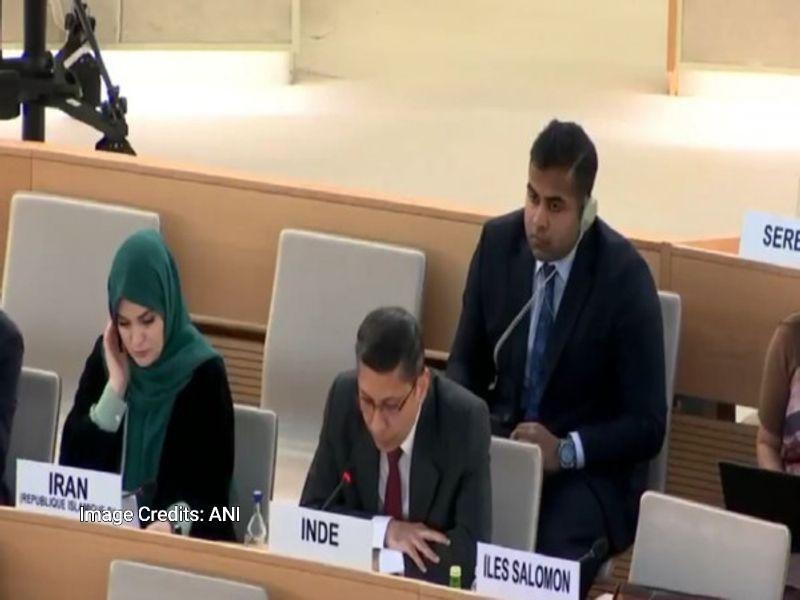
Unfounded, Baseless: India on UNHRC Chief Remarks on J&K, Manipur
The United Nations Human Rights Council (UNHRC) chief, Volker Türk, recently made some remarks on the situations in Jammu and Kashmir (J&K) and Manipur, which have been strongly criticized by India. The country’s permanent representative to the UN, Arindam Bagchi, termed the UNHRC chief’s statement as “unfounded and baseless”. The UNHRC chief had expressed concerns over the restrictive laws in J&K and called for addressing the violence in Manipur.
In his statement, Volker Türk mentioned that the situation in J&K remains “complex and contested”, and that the restrictive laws in the region continue to raise concerns. He also called for addressing the violence in Manipur, which has been a long-standing issue in the state. However, India strongly rejected the UNHRC chief’s remarks, saying that they were based on “cherry-picked” information.
India’s permanent representative to the UN, Arindam Bagchi, said that the country is a “healthy, vibrant and pluralistic society” and that the UNHRC chief’s statement was “unfounded and baseless”. He also emphasized that India is committed to the protection and promotion of human rights, and that the country’s institutions are robust and effective in ensuring the rights of its citizens.
The Indian government has been facing criticism from various quarters over its handling of the situation in J&K, which has been under a strict lockdown since August 2019. The lockdown was imposed after the Indian government revoked the special status of J&K under Article 370 of the Indian Constitution, which had granted the region a special status. The move was seen as a attempt to integrate J&K with the rest of the country.
Since then, the Indian government has been facing criticism from human rights groups and other countries over the restrictions on the movement of people and the internet in J&K. The restrictions have been eased to some extent, but many people in the region continue to face difficulties in accessing basic services and amenities.
In Manipur, the situation is equally concerning. The state has been plagued by violence and insurgency for decades, and the situation remains volatile. The UNHRC chief’s remarks on the situation in Manipur highlight the need for the Indian government to take concrete steps to address the issue.
Despite India’s strong rejection of the UNHRC chief’s remarks, the international community continues to express concerns over the situation in J&K and Manipur. The UNHRC chief’s statement is a reflection of these concerns, and it is essential that the Indian government takes them seriously.
In conclusion, India’s rejection of the UNHRC chief’s remarks on J&K and Manipur is understandable, but it is essential that the country takes concrete steps to address the concerns raised by the UNHRC chief. The situation in J&K and Manipur requires a nuanced and comprehensive approach, and India must work with the international community to find a solution.






